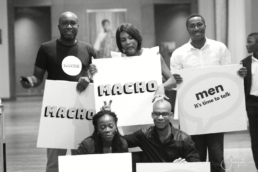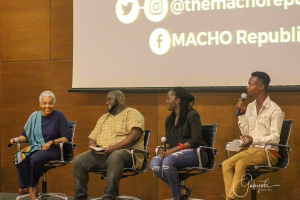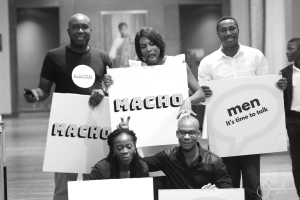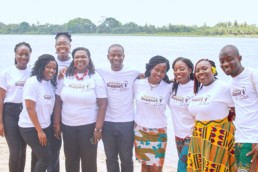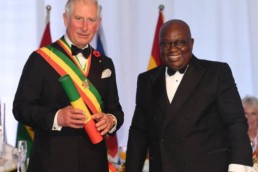 A mention of mental health in Ghana conjures images of a “mad” woman or man who roams the street clad in tatters. This has been the state of mental health awareness in the country for centuries. In recent times, however, things appear to be taking a different turn, albeit at tortoise pace.
A mention of mental health in Ghana conjures images of a “mad” woman or man who roams the street clad in tatters. This has been the state of mental health awareness in the country for centuries. In recent times, however, things appear to be taking a different turn, albeit at tortoise pace.
2017 sparked discussions on mental health, particularly on social media, when the country was faced with serial suicides. In the ensuing months, there have been quite a number of social programs geared towards interrogating the state of mental health in the country.
As an avid follower of all things mental health, and with a keen passion in gender related matters, a key observation I have often made at such events is how skewed the audience often is. The interest and attendance often makes it appear as if mental health matters are mostly a woman’s issue. It was therefore refreshing to see a movement begin with a focus on men’s mental health issues, particularly in a society that shuns weakness in men and silences men’s psychological needs.
The new nonprofit, Macho Republic, held its maiden event, the Macho Mental Health Summit, at the Mövenpick Ambassador Hotel on 15th June, 2018.
Speaking at the event was Dr. Akwasi Osei, CEO of the Mental Health Association. According to him, although women statistically have more mental health issues, and tend to attempt suicide more, men often resort to more lethal methods and go through with suicide at a higher rate than women. Men also tend to internalise their feelings more, and so indulge in alcohol and drug abuse more. He lamented the current state of mental health in Ghana and called for the need to pass the legislative health bill to implement the mental health levy.
Dr. Carol Mathias , a Psychologist at SOS – HGIC, and Founder of Thrive Care was also present to discuss the importance of providing support for, and caring for men with mental health troubles. She spoke on the culture of toxic masculinities and how it makes men less likely to seek help, and encouraged women with mentally challenged significant others to support their men. She warned that being a care giver can take a toll on a person. She therefore advised care givers to take care of themselves first, to get educated, and to be willing to listen and be patient for results as the healing process is not always linear, but undulating.
Renowned television personality, Kafui Dey, finally presented his experience as goodwill ambassador for the Accra Psychiatric Hospital, and being a care giver for mentally ill family.
The summit was very interactive and questions were welcome and encouraged from the audience. Although I once again noticed the large representation of women before the start of the event, there seemed to be an equal distribution of males towards the middle of the event. For its maiden event, the Macho Republic appears to be off to a good start.
The future plans of the association were outlined towards the end of the event, key among which are the setting up of a toll-free help line, and creating support groups. Its founder, Shiva Quashie, an Ahasporan, calls for volunteers to host cell groups and to make donations to help cover some of the costs of the impending helpline.
Written by Prisca Kys

